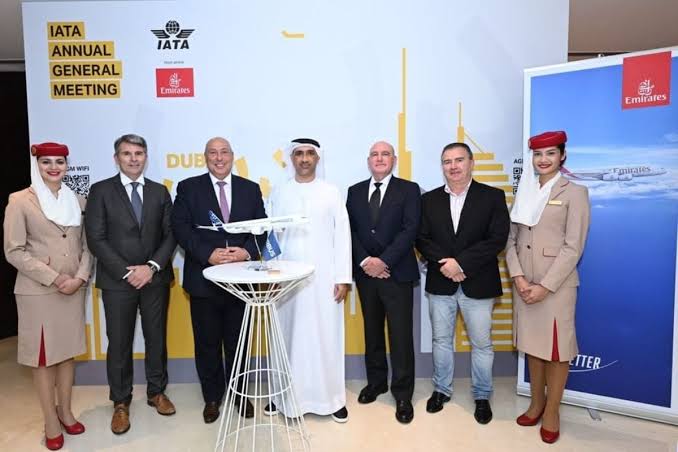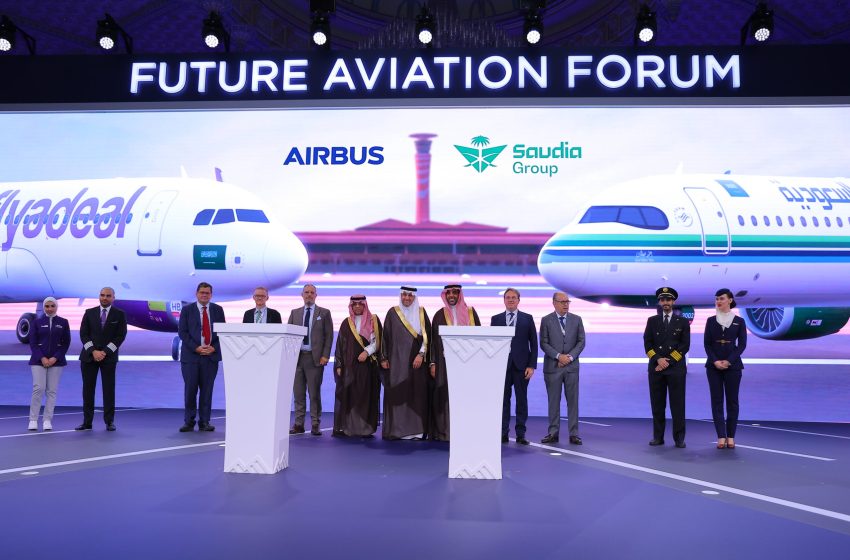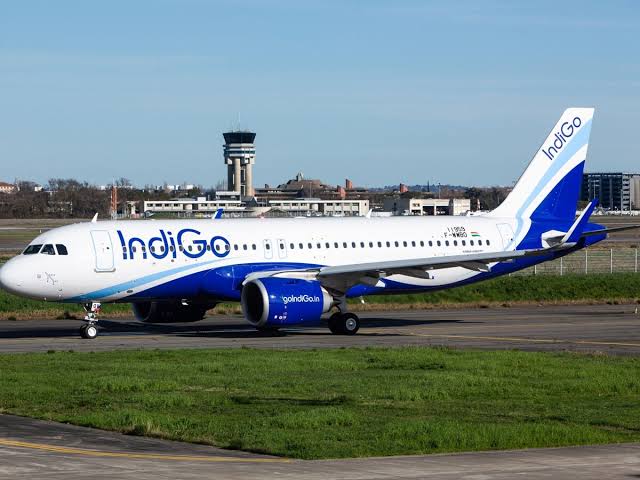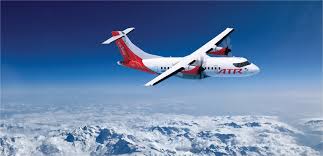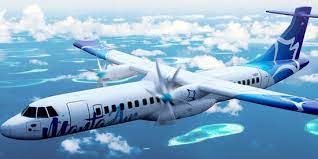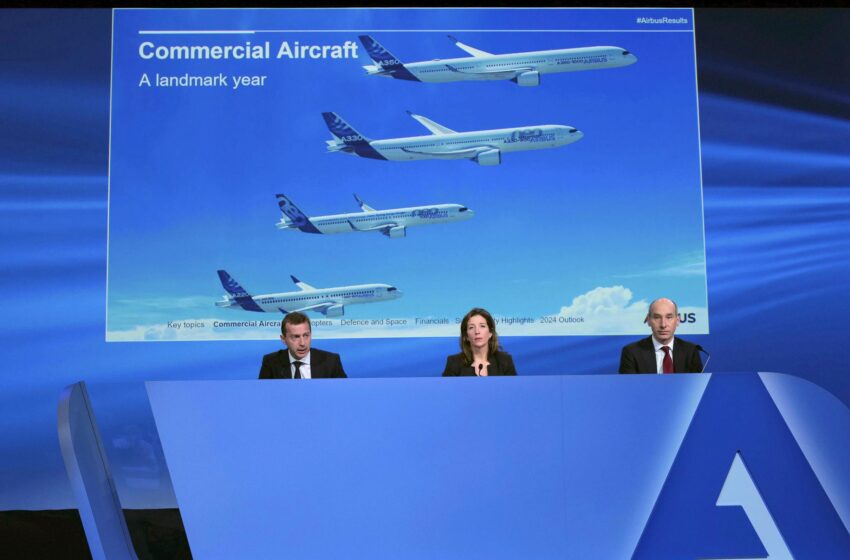Saudi Group has signed the largest aircraft deal in Saudi aviation history with Airbus during the first day of the Future Aviation Forum 2024 held at the King Abdulaziz International Conference Center in Riyadh under the patronage of the Custodian of the Two Holy Mosques, King Salman bin Abdulaziz Al Saud.
This landmark agreement encompasses 105 confirmed aircraft and marks a significant moment not only for the Saudi aviation industry, but also for the wider MENA region. The ceremony, in the presence of His Excellency the Minister of Transport and Logistics Services and Chairman of Saudi Arabian Airlines Corporation, Engr. Saleh Al-Jasser, was attended by dignitaries, country ambassadors, and key figures from the global aviation sector, as well as a multitude of media representatives and industry experts specializing in travel, aviation, and transportation.
The deal, signed by H.E. Engr. Ibrahim Al Omar, the Director General of Saudia Group, and Benoît de Saint-Exupéry, Executive Vice President Sales of the Commercial Aircraft Business, includes A320neo and A321neo models. These aircraft will be distributed between Saudia and flyadeal, the group’s low-cost carrier. Saudia will acquire 54 A321neo aircraft, while flyadeal will receive 12 A320neo and 39 A321neo aircraft.
The new aircraft directly support Saudia Group’s objectives to connect the world with the Kingdom, aligning with several key pillars of Saudi Vision 2030. These include the transportation and logistics objective to increase guests’ capacity to 330 million and expand destinations to 250 by 2030, and the tourism objective to attract 150 million visits by 2030. This is in addition to the Hajj and Umrah objective to contribute to the increase of Umrah pilgrim capacity to 30 million by 2030.
These modern aircraft boast a spacious cabin with a stylish interior design. They’re equipped with the latest amenities and technology, ensuring a truly differentiated travel experience that prioritizes Saudia guests’ comfort and privacy whilst delivering an exceptional service. Furthermore, the A320 family aircraft are fuel efficient as it emits 20% less fuel burn and carbon emissions compare to previous generation aircraft.
To ensure the new aircraft are always in top condition, Saudia Technic, the group’s Maintenance, Repair, and Overhaul (MRO) arm, will provide comprehensive maintenance services. This will prove even more crucial with the upcoming completion of the MRO Village at King Abdulaziz International Airport in Jeddah, significantly increasing the company’s service capacity.
H.E. Engr. Saleh Al-Jasser, the Minister of Transport and Logistics Services, said, “The aviation sector is grateful for the tremendous support provided by the country’s leadership. This agreement is one of the enablers of achieving the objectives of the National Transport and Logistics Strategy. It will contribute to enhancing the operational performance of Saudia, increasing flights and seat capacity, and launching new destinations. Furthermore, it aims to connect the world to the Kingdom in line with the significant transformation witnessed by the aviation sector under Saudi Vision 2030, while also reaffirming our commitment to providing the best services that enhance the travel experience.”
H.E. Engr. Ibrahim Al-Omar, Director General of Saudia Group, said, “Saudia has ambitious operational objectives to meet growing demand. We are increasing flights and seat capacity across our existing 100+ destinations on four continents, with plans for further expansion. The progress of Saudi Vision 2030 is attracting more visits, tourists, entrepreneurs, and pilgrims each year. This motivated our decision to secure this significant deal, which will create jobs, increase local content, and contribute to the national economy.”
Benoît de Saint-Exupéry, Executive Vice President Sales of the Commercial Aircraft business said, “The new additions of the A320neo family aircraft will play a vital role in contributing to Saudi Arabia’ ambitious Vision 2030 plan. It will enable Saudia Group’s strategy to advance the Kingdom’s aviation capabilities while enabling both airlines to benefit from the A320neo Family’s exceptional efficiency, superior economics, highest level of passenger comfort as well as lower fuel-burn and emissions.”
The ceremony marked a new chapter for Saudia, unveiling their largest investment ever in guest experience. This includes a first-of-its-kind AI-powered “Travel Companion”, to support guests through trip planning to after sales support. Business class cabins will be transformed into luxurious, privacy-focused suites that convert into flat beds, progressively rolling out across both existing and new fleets. Guests can also stay connected with high speed in-flight connectivity and enjoy unparalleled entertainment with the highest-definition screens soon to be on board.
